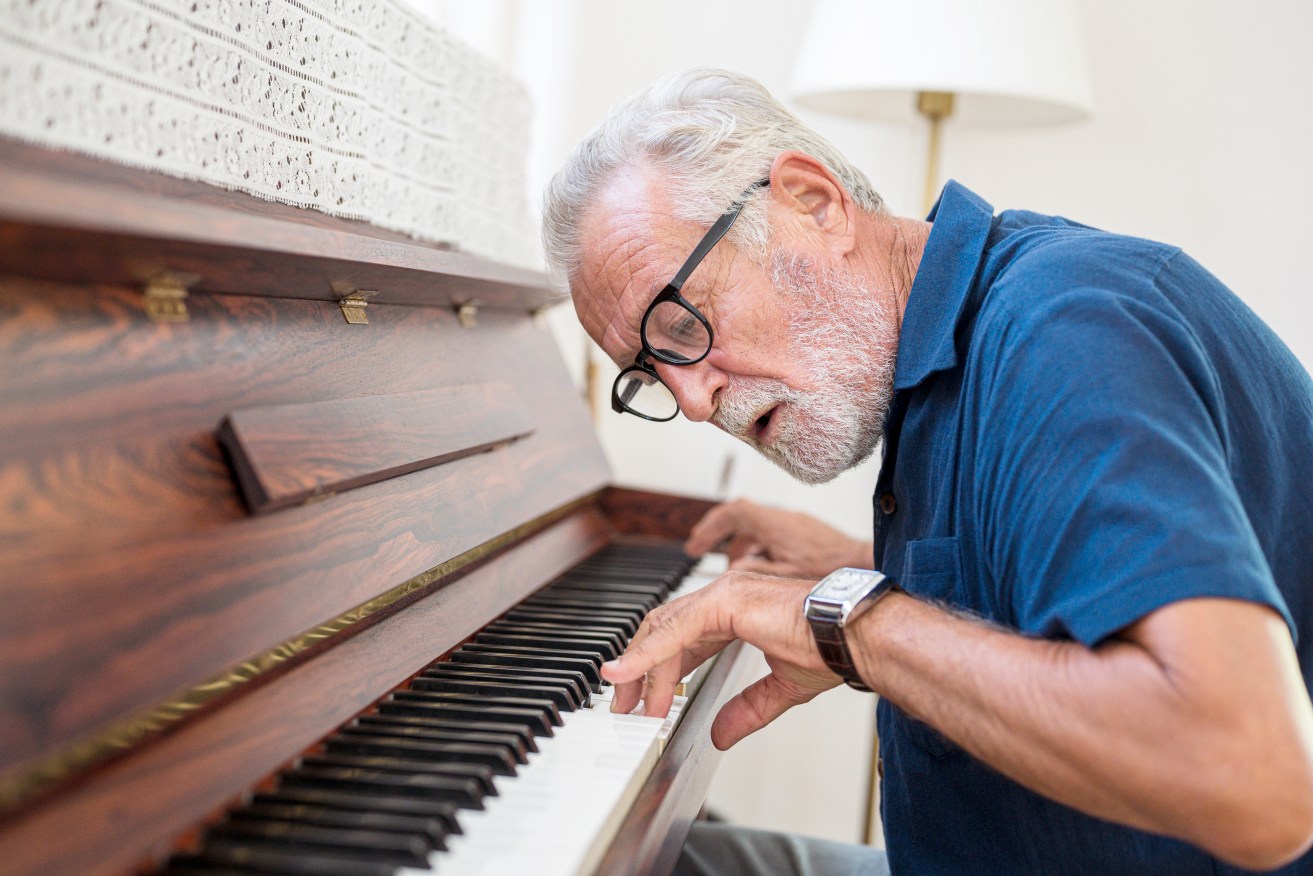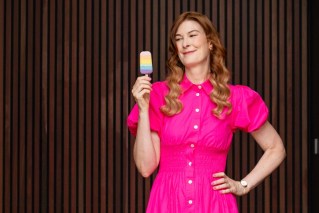Cognitive reserve: How to build a buffer against dementia over a lifetime


Those years of piano lessons weren't a waste of time. They helped protect your brain in the long run. Photo: Getty
For more than 30 years, scientists have wondered why some people with brain damage – as evidenced in scans – function normally.
For example, amyloid plaques in the brain is associated with Alzheimer’s disease, and considered a driver of the disease.
Two people can have the same amount of plaque in their brains. Yet one has thinking and memories problems, the other remains sharp and mentally agile.
These more fortunate people can function normally and even splendidly for longer, before the disease and damage catches up with them.
Why is that?
To account for this difference, scientists began talking about ‘cognitive reserve’ – a back-up facility that allows the brain to work around the damaged parts.
Harvard Medical School gives a neat definition for cognitive reserve.

Your art class mightn’t turn you into Leonardo. But it will help keep you sharp. Photo: Getty
It serves as “your brain’s ability to improvise and find alternate ways of getting a job done”.
And: “It reflects how agile your brain is in pulling in skills and capacities to solve problems and cope with challenges.”
A 2016 paper that found this protective effect in some patients with MS noted: “Higher cognitive reserves can mediate between brain damage and cognitive performance, representing a protective factor against cognitive dysfunction.”
It also noted: “However, advanced brain atrophy can suppress this protective function, which points to the importance of early intervention strategies.”
How do you build cognitive reserve?
A new study suggests that “continuing to learn over a lifetime may help protect the brain, which is true even for people who have lower scores on cognitive tests in childhood”.
What stands for learning isn’t just doing college courses or attending workshops – and it wasn’t confined to intellectual pursuits.
Rather, pursuing a variety of interests appears to build up one’s cognitive reserve – it’s certainly a key component.

Playing board games or cards with friends can help build your cognitive reserve. Photo: Getty
Your watercolours or piano playing mightn’t be world-beating, but they do your brain a lot of good.
Joining friends for a regular game of cards and a chat about the state of the world won’t hurt either.
Reading ability is also a factor – and one that can be improved upon with regular diligence, and perhaps a little ambition as to what you’re reading.
The study
The study involved 1184 people who were born in 1946 in the United Kingdom.
The participants had their cognitive abilities tested when they were aged eight, and again when they were aged 69.
The researchers, from Sussex Medical School, found that factors “such as taking part in clubs, religious groups, sports or artistic activities, along with educational attainment by age 26, occupation and reading ability, may affect the brain’s cognitive reserve”.
Some of the results were predictable. For instance, the greater skill and knowledge required in your job, the greater your cognitive reserve. Surgeons and carpenters might do better later in life than shop staff and paper-pushers.
Some nice surprises
Previous studies have shown that people with low scores in childhood are more likely to have a steeper cognitive decline in old age than people with high scores.
But that vulnerability can be offset by learning and engagement through adult life.
The study also found that “for people with a higher cognitive reserve index and reading ability, their scores on cognitive tests did not decline as rapidly as people with lower scores, regardless of their test scores at age eight”.
“These results are exciting because they indicate that cognitive ability is subject to factors throughout our lifetime and taking part in an intellectually, socially and physically active lifestyle may help ward off cognitive decline and dementia,” study author Dr Dorina Cadar said.
“It’s heartening to find that building up one’s cognitive reserve may offset the negative influence of low childhood cognition for people who might not have benefited from an enriching childhood and offer stronger mental resilience until later in life.”








